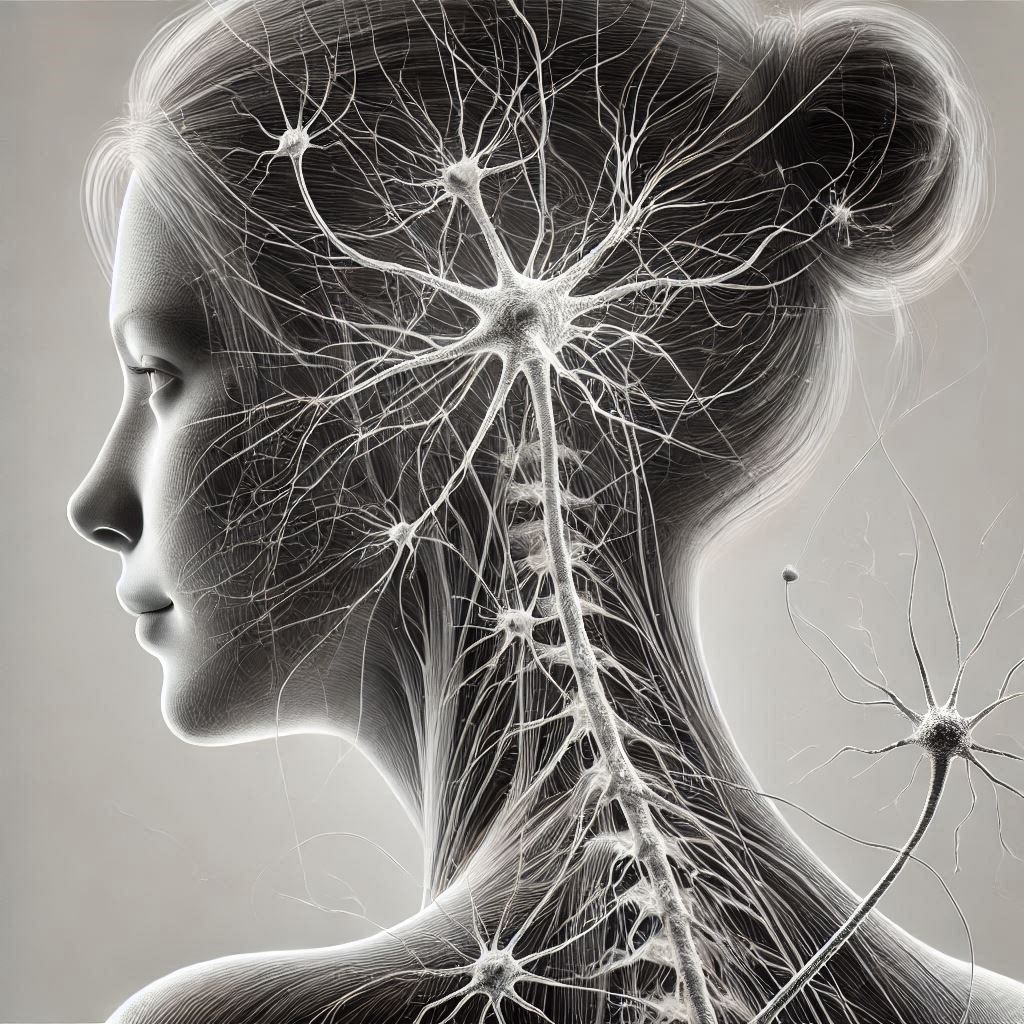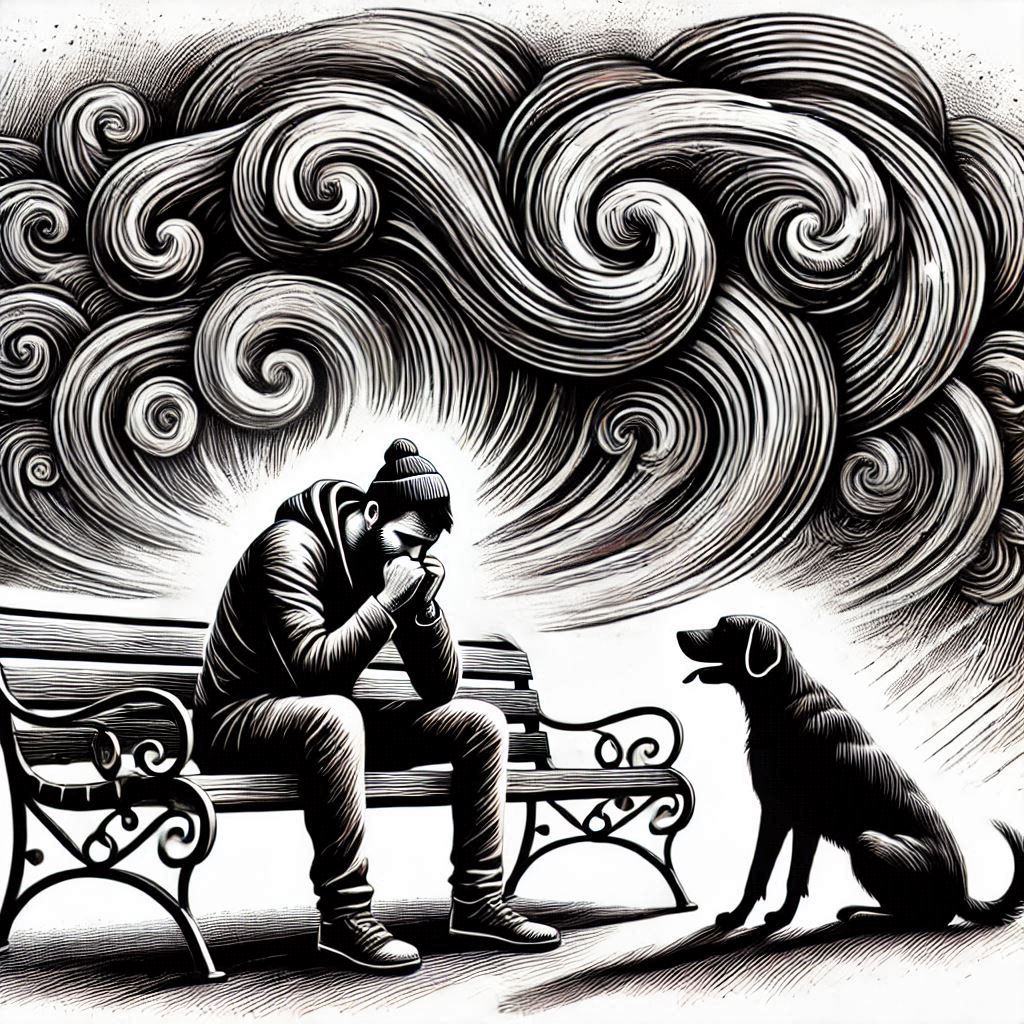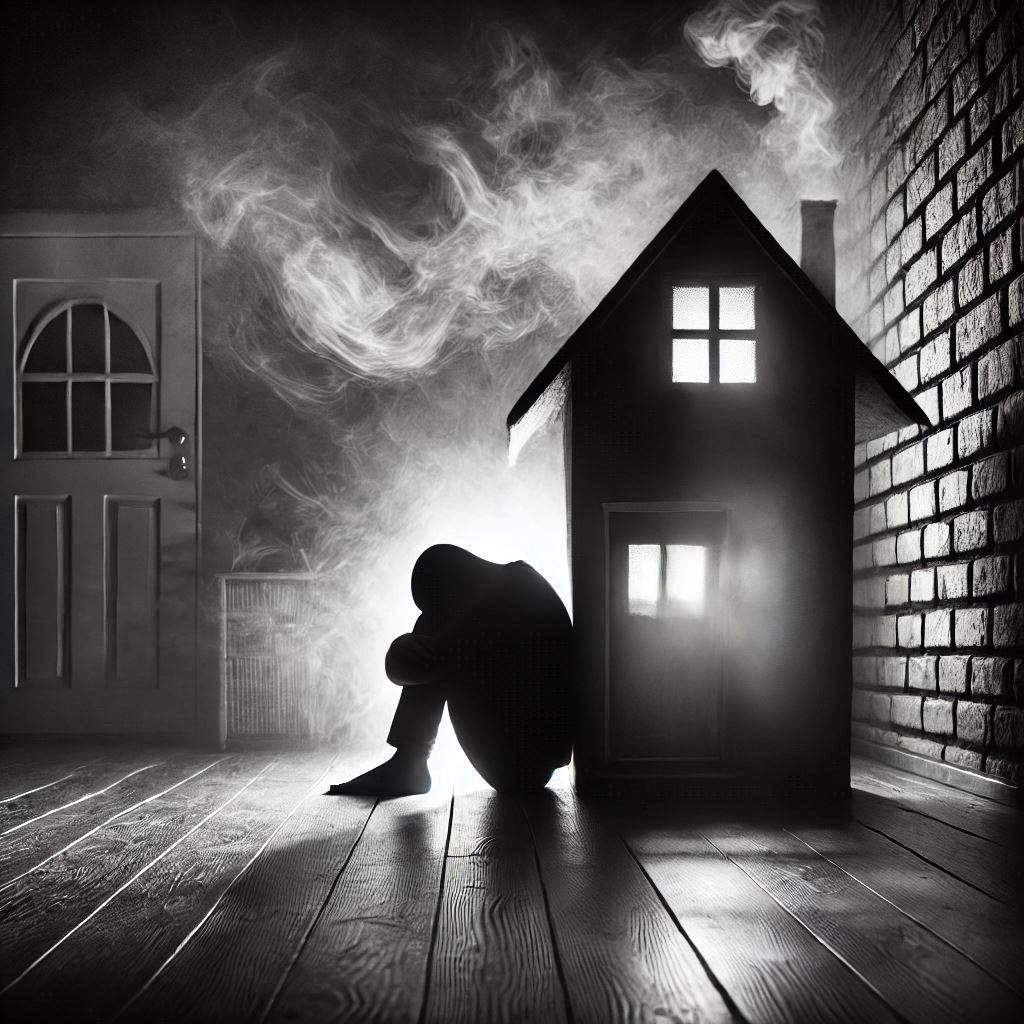If you have agoraphobia, you may be afraid to use public transportation or be in enclosed spaces. You also might have a fear of having panic attacks or feeling helpless and embarrassed.
This fear can become accentuated when travelling because you are leaving your safe zone.
Difficulties
A fear of travel might make you believe it’s impossible to achieve your travel dreams. But with the right treatment plan, you can conquer your anxiety and travel safely.
Agoraphobia is an anxiety disorder that causes people to avoid activities and environments that they fear could trigger a panic attack. This restricts their world and makes them feel trapped. It is a serious condition that can have severe consequences. Typically, it affects people who experience recurrent panic attacks.
Some common triggers for agoraphobia include flying, using public transportation, enclosed spaces, standing in line at a store or being in a crowd.
These situations are not dangerous, but a person with agoraphobia may think they will have a panic attack in them. They may also fear that they cannot escape the situation if they have an attack.
To overcome these fears, you can practice exposure therapy with a mental health professional. They will gradually introduce you to feared environments, starting with the least threatening ones and increasing in intensity.
This is called systematic desensitization. You should use slow breathing and other coping techniques to control your anxiety during these sessions.
The good news is that traveling is a form of exposure therapy.
You can also try reading books or joining a support group to learn more about how others cope with their agoraphobia. Hearing how other people have gotten past their fears might inspire you and boost your confidence.
Fears
A person suffering from agoraphobia fears being trapped in a place where it is difficult to escape or be helped if he or she becomes overwhelmed with anxiety and panic. This fear is often out of proportion to the actual danger of the environment or situation, but it can keep people from leaving their homes, travelling or doing certain activities, such as flying, going shopping or crowded events.
Anxiety disorders, including agoraphobia, are the result of an overactive stress response that triggers the release of hormones to prepare for fight or flight situations. When these hormones are released in non-threatening environments, they can produce a feeling of extreme fear and helplessness that can lead to anxiety, phobias and even panic attacks.
Most people with agoraphobia developed the condition after having one or more panic attacks, which led them to start avoiding places or situations that they thought could cause them to have an attack again.
In time, these avoidance behaviors can become extensive and limit a person’s life, making it impossible to do things like drive a car, travel by airplane or shop in a mall.
Fortunately, there are ways to overcome agoraphobia and enjoy your favorite activities again. One method is called gradual exposure, which involves gradually exposing yourself to the feared environment with the guidance of a mental health professional. Another option is learning relaxation techniques, such as slow breathing, which can help reduce anxiety levels and prevent a panic attack. Physical exercise is also helpful, as it increases the heart rate and promotes the release of natural chemicals that calm the body.
Medication
Medications can help ease anxiety symptoms. But they’re not a substitute for psychotherapy, which can help address the emotions and beliefs that trigger anxiety. Several types of psychotherapy are available, including cognitive behavioral therapy and counseling. Some people also benefit from exposure therapy, which involves deliberately exposing yourself to a feared situation or environment until you lose your fear response.
Agoraphobia is a form of anxiety that causes you to fear being in places or situations where escape might be difficult or where help may not be available. It usually develops after you have a panic attack in a particular location or situation, and you then start to avoid that place or situation.
Some doctors will prescribe antidepressants to treat agoraphobia and related anxiety disorders. These drugs work by affecting brain chemicals, such as serotonin and norepinephrine. Examples include fluoxetine (Prozac), sertraline (Zoloft) and citalopram (Celexa). Other doctors might prescribe antidepressants that are part of a different class of medications, such as SNRIs, which affect both serotonin and norepinephrine. These include duloxetine (Cymbalta) and venlafaxine (Effexor).
Benzodiazepines, such as diazepam, can also relieve anxiety, but they’re only licensed for short-term use in cases of a panic attack. Moreover, these medications can have adverse side effects, such as memory problems and addiction. Moreover, if your doctor prescribes them, you must make sure to take them exactly as prescribed.
Support
When people with agoraphobia travel, they face anxiety and fear of situations or places that aren’t familiar to them. They often think about how escape might be difficult or that help might not be available in an emergency, and this creates a fear that causes them to avoid situations. This can prevent them from travelling for work or to visit friends and family, making their lives more restrictive and isolated.
There are ways for people with agoraphobia to learn to cope with their fears and begin to travel more often. They can join a support group for others with the condition to hear stories, get encouragement and receive guidance from other travellers. They can also try practicing with safer activities like going into public spaces a few times, such as grocery stores and movie theaters. This will help them to build confidence and gain a greater understanding of their condition.
They can also practice relaxation techniques such as meditation or deep muscle relaxation, and regularly exercise to burn off stress chemicals. They can also eat a balanced diet and avoid substances that can make their symptoms worse, such as alcohol. If self-help techniques don’t control their anxiety, they may need to consider medication, which can be prescribed by a doctor or psychiatrist. There are several types of anxiety medications, each with its own side effects, and they will likely need to trial several before finding one that works for them.








